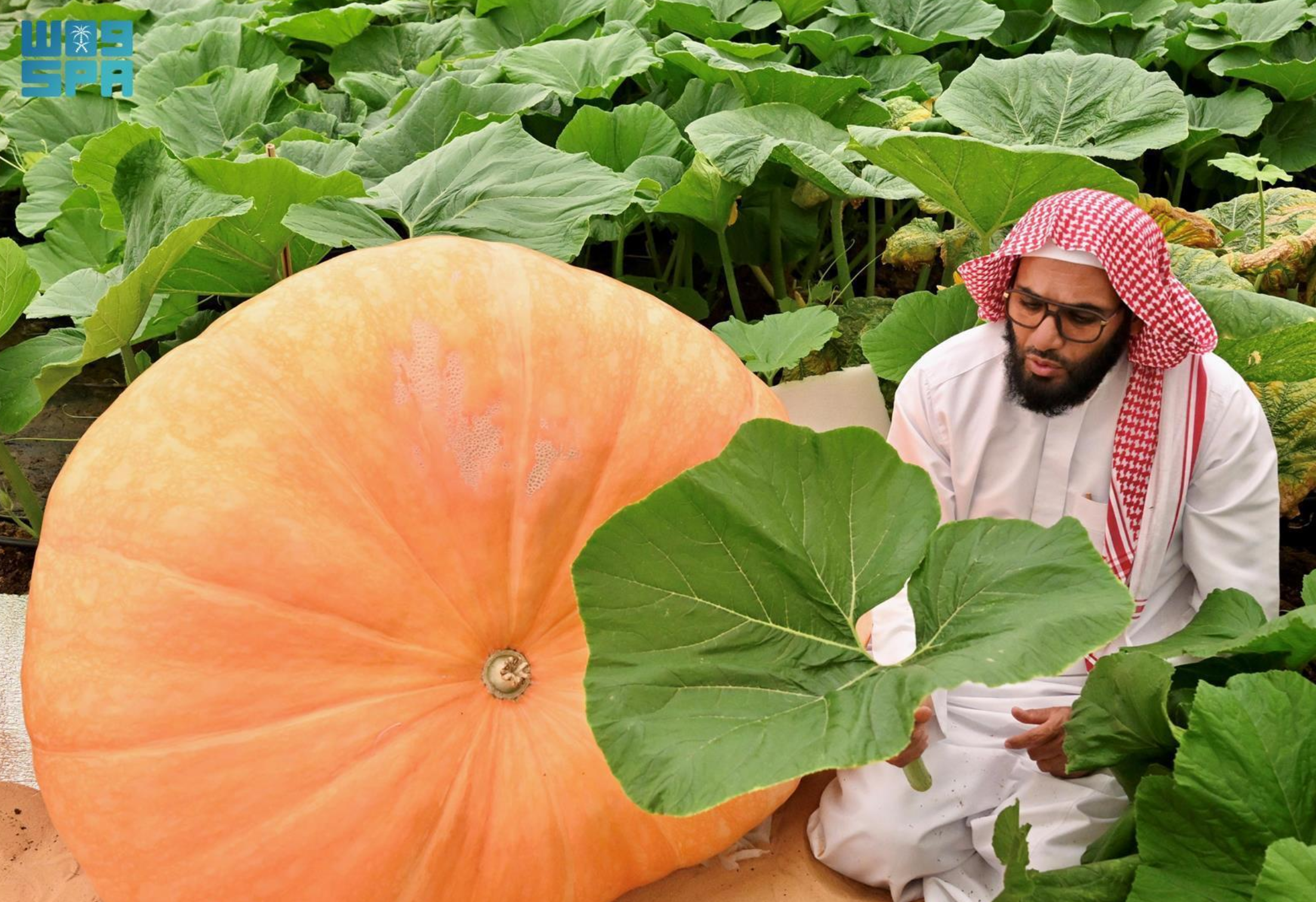
Squash Flourishes in Qassim, Offers Culinary Versatility, Economic Promise
In Saudi Arabia’s Qassim Region, favorable climate and agricultural conditions, along with growing local demand, are driving a significant rise in the cultivation of the humble squash, which continues to assert itself as a prominent ingredient in global cuisine due to its versatility and nutritional value.
Despite being botanically classified as a fruit because it develops from a flower and contains seeds, squash is commonly treated as a vegetable in cooking due to its mild flavor and culinary uses. These versatile gourds come in various shapes, from spherical to oval, and display attractive colors such as orange, green, yellow, and white. They are renowned for numerous health benefits, including improving eyesight, boosting immunity, supporting heart health, aiding in weight management, and promoting healthy skin and hair, as they are rich in nutrients yet low in calories.
Farmer Saleh bin Hamad Al-Saab shared his experience with the Saudi Press Agency, saying, "Growing squash in Qassim is not only possible but also profitable and promising. We cultivate several types, including butternut squash, traditional pumpkin varieties, and even spaghetti squash, which is gaining popularity."
He added that each type has its own unique uses and benefits: butternut squash is ideal for soups and baked goods, traditional pumpkin is a rich source of beta-carotene, and spaghetti squash offers a healthy alternative to pasta. White squash, he noted, is particularly popular for events and decorative purposes, especially during seasonal celebrations. Al-Saab emphasized that squash is not just for eating; it can be transformed into a variety of products, such as jams, seed oils, soups, pies, and even natural skin masks.
He further highlighted the squash's potential as a promising economic crop, noting its low requirements for water and pesticides, as well as its ability to be stored for extended periods without losing value. The adoption of drip irrigation systems and the cultivation of diverse varieties have significantly improved crop quality and productivity. Al-Saab also praised the growing public awareness of pumpkins as a healthy food, indicating a substantial opportunity to develop food industries based on this crop, including juices, dried foods, and cosmetic products.
Ultimately, squash is proving to be a promising crop that contributes significantly to local food security while generating substantial economic returns, underscoring the vital role of the agricultural sector in advancing the Kingdom's sustainable development goals.








